What's going on with the UK economy?
- Published

Is the UK economy too hot, too cold, or just right?
More than 1,000 days since the referendum, and with the clock ticking down to 29 March, the path of Brexit remains unclear.
Ahead of the 2016 vote, the Treasury warned that leaving could damage the economy.
And yet, for all the political turmoil and uncertainty, the economy continues to trundle along - and appears to be doing very well on some fronts.
Almost 30 years ago, US economist David Shulman introduced the phrase "Goldilocks economy" to describe one that's neither blowing too hot nor cold but expanding at just the right pace, with good jobs growth.
Does that apply to the UK?
And were those warnings from the Treasury merely "Project Fear": fairy tales in themselves?
Time to check the temperature of the UK economy.
What should we make of the 'jobs miracle'?
Employment is at record highs, unemployment at its lowest for almost 45 years.
Wages are growing at their fastest rate for a decade, with pay rises typically outpacing the cost of living.
If the jobs market was a bowl of fairy tale porridge, it might be Daddy Bear's blisteringly hot serving, steaming away with few signs of damage from the Brexit "fog".
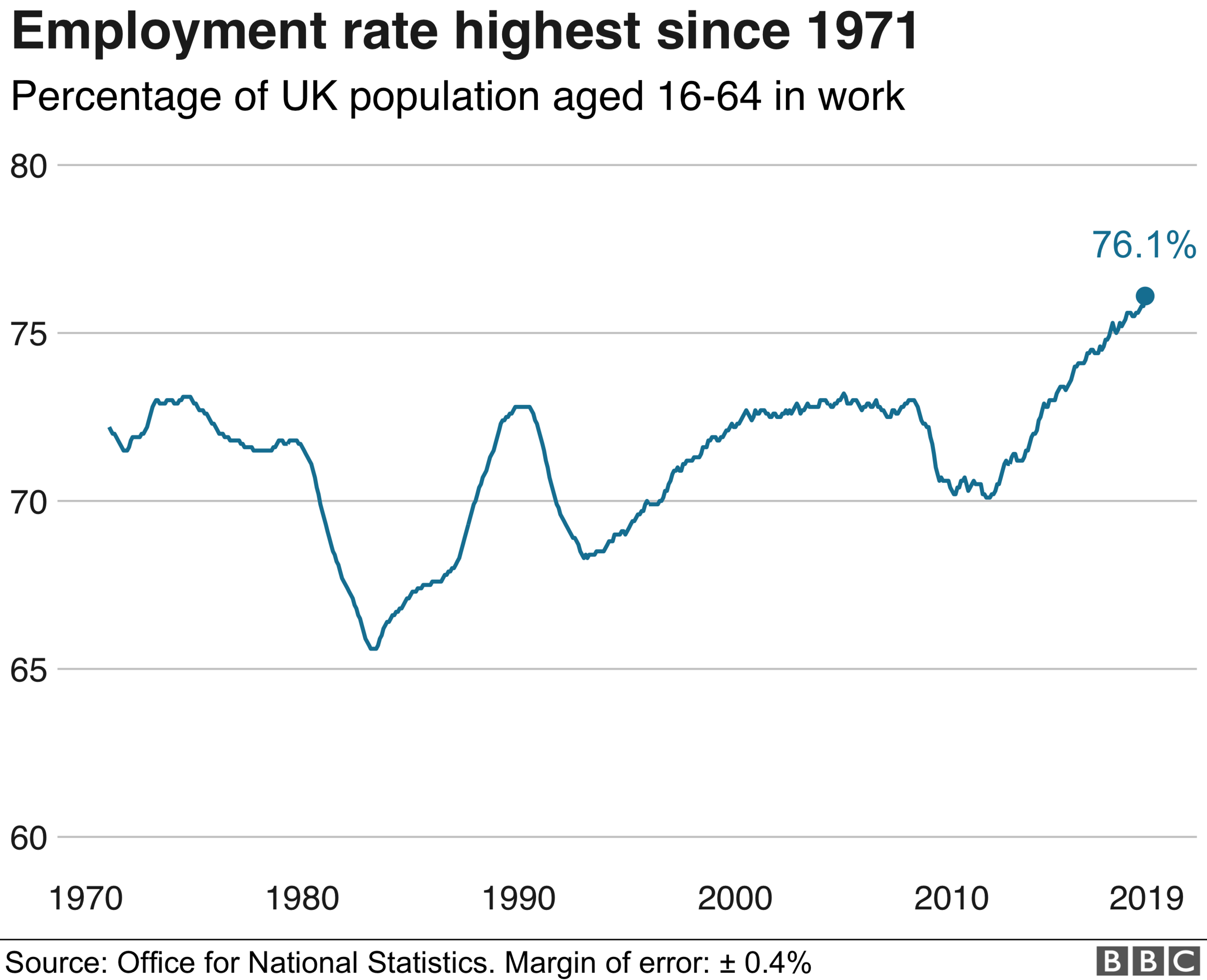
But hiring tends to lag behind changes in activity by between six and nine months on average, while firms determine whether changes in circumstances are permanent, and then recruitment (or redundancy) takes time.
After the financial crisis, firms opted to hang on to workers as they were relatively cheap compared with investing; the same could be happening again as they grapple with uncertainty.
And while real wages are rising, they have only resumed that growth in recent months; the average post-inflation wage is still £7 a week lower than it was a decade ago.
Why is economic growth lukewarm?
The economy expanded by 0.2% in the latest three months - and by 1.4% across 2018; steady but lacklustre.
GDP growth is the Mummy Bear porridge bowl - disappointingly lukewarm.
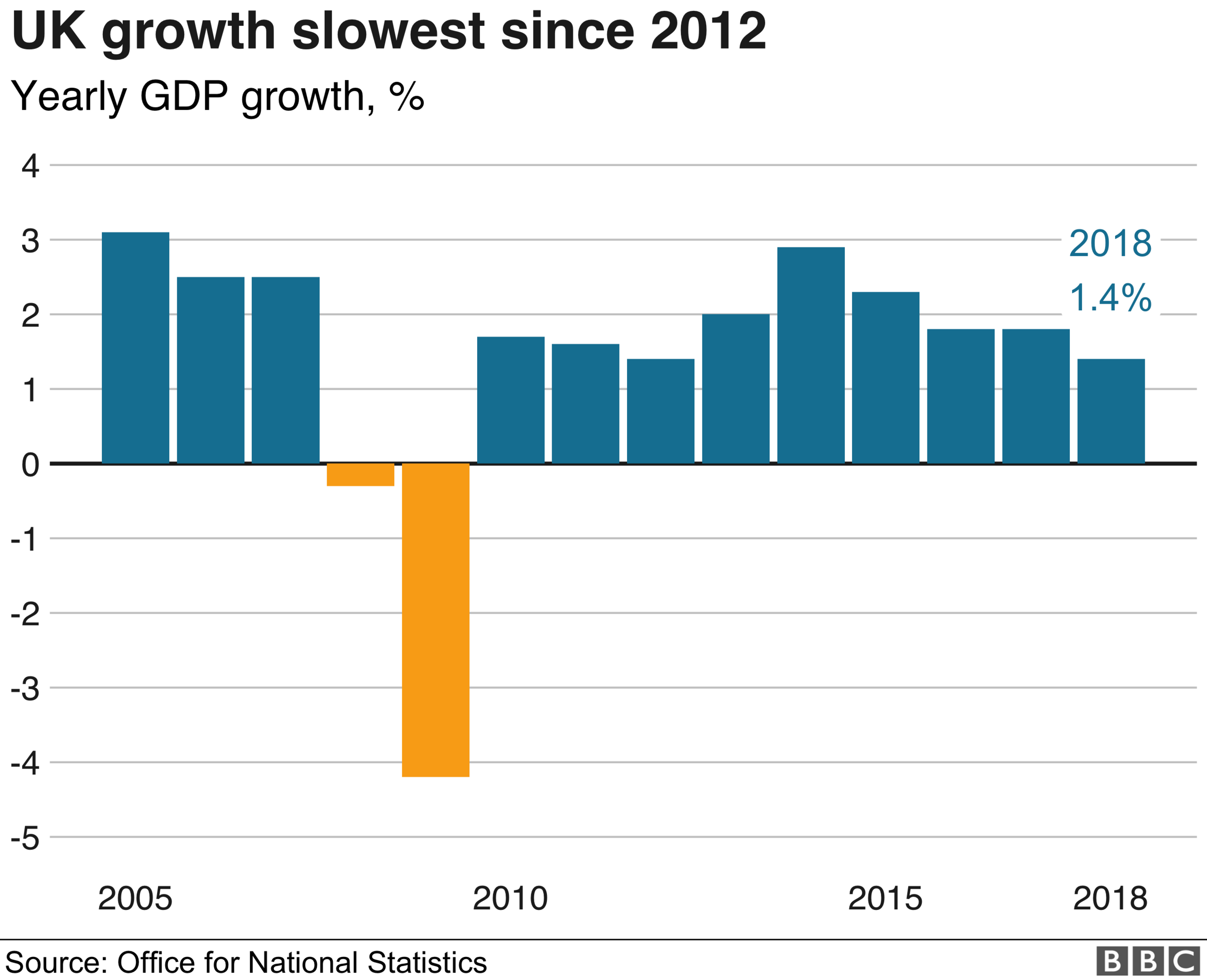
As the Bank of England noted, expansion has been held back by a lack of business investment since the referendum - and also by a slowdown in our major trading partners, particularly China and the EU.
As the chancellor has said, the UK is in "the middle of the G7 pack" growth-wise.
But it could have been better - various estimates suggest that the economy is up to 2% smaller post-referendum than it previously expected.
And even with a deal, the Treasury, the Bank of England and the City are broadly agreed that the UK could be on track for the weakest growth this year in a decade.
How near are we to hitting the inflation target?
With prices rising by 1.9% in the year to February - within a whisker of the official target of 2% - inflation appears to be the Baby Bear bowl of the bunch: just right.
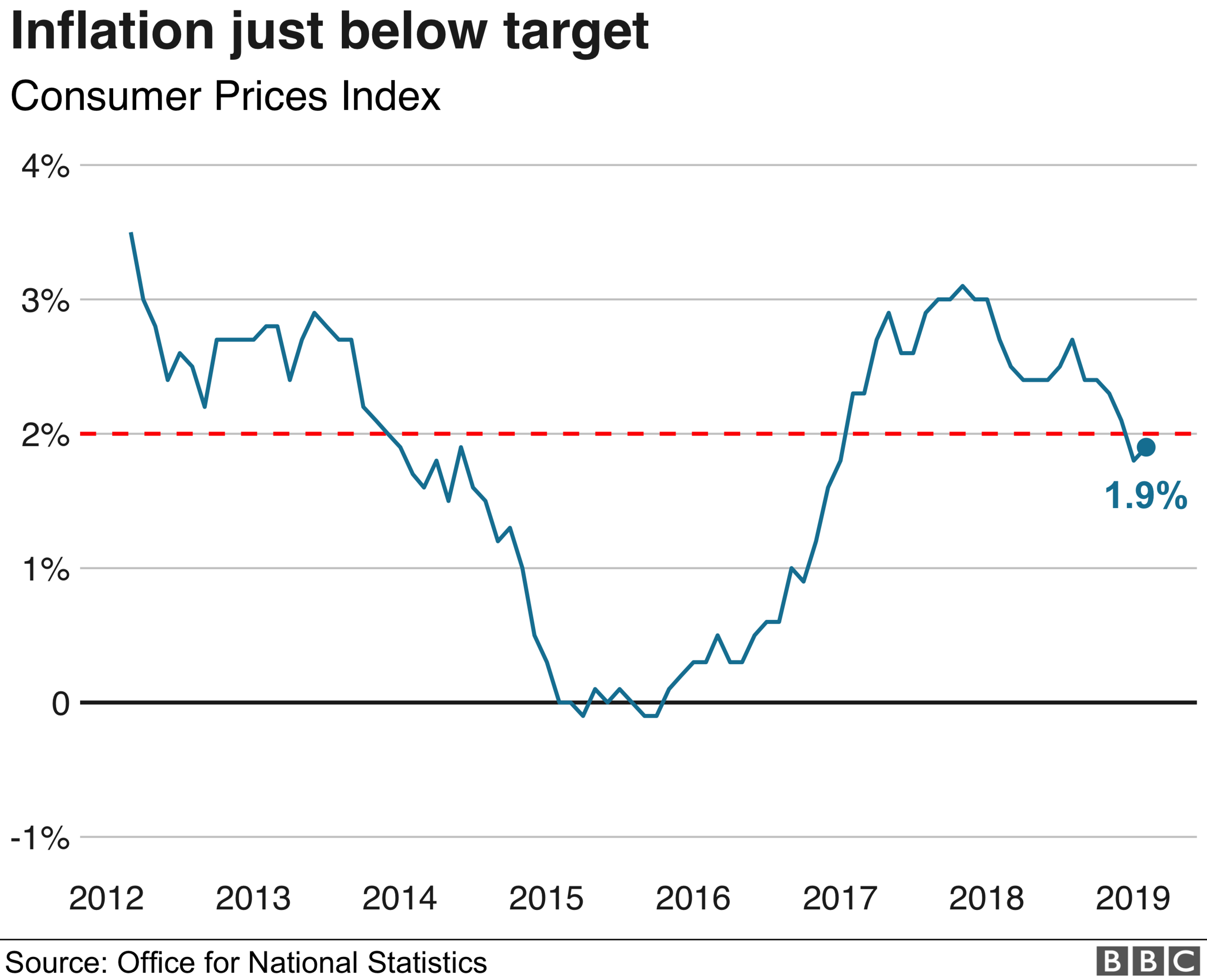
Prices are rising sufficiently to signify there's life in the economy but not so fast to be punitive or destabilising.
But that doesn't mean inflation can be ignored, which brings us to…
Could an interest rate rise be on the way?
For over a decade, the base rates set by the Bank of England have been below 1%; great news for borrowers, less so for savers.
The Bank sets those rates to keep inflation close to its target in two years' time - that's how long it estimates it takes for interest rates to influence prices (largely via the spending and borrowing habits of households and businesses).
If the trend of faster real wage growth continues and a Brexit deal is swiftly agreed, with little disruption to the economy, some economists think there could be a small rate rise later this year.
That's quite a few ifs.
With prolonged uncertainty, or a disruptive exit, some argue that the next move in interest rates may be down rather than up.
So, overall, where are we?
For now, the economy's in a decent state. But not all fairy tales have happy endings.
The last time the US economy was widely deemed to be in a Goldilocks state, the financial crisis swiftly followed.
With much of the global economy slowing again, and the risk of a disruptive Brexit lingering, the UK economy could be in for a few twists and turns.
- Published21 March 2019
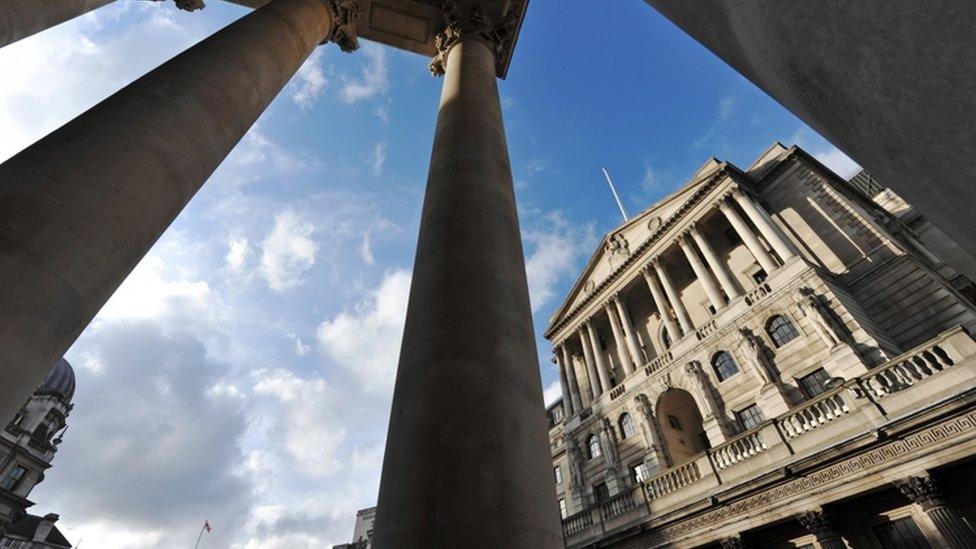
- Published21 March 2019
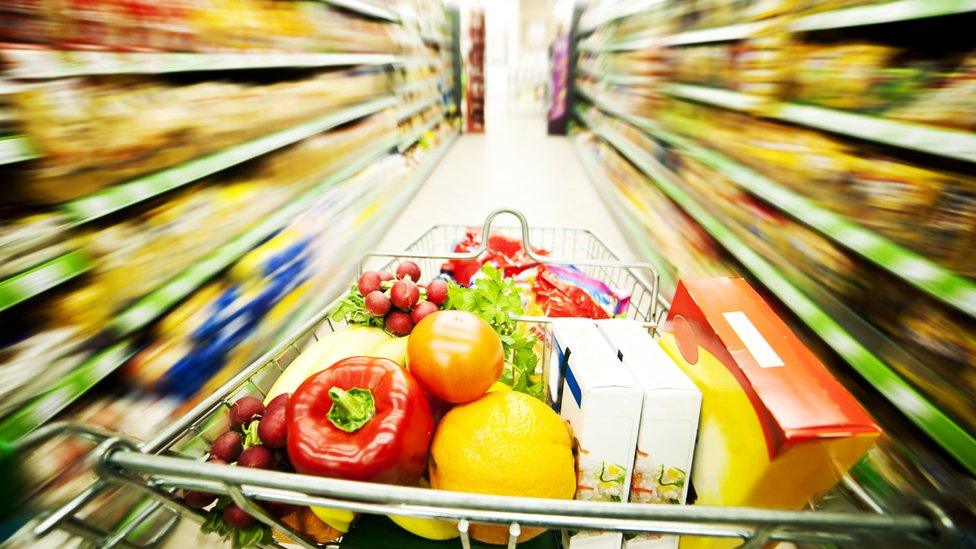
- Published20 March 2019

- Published19 March 2019
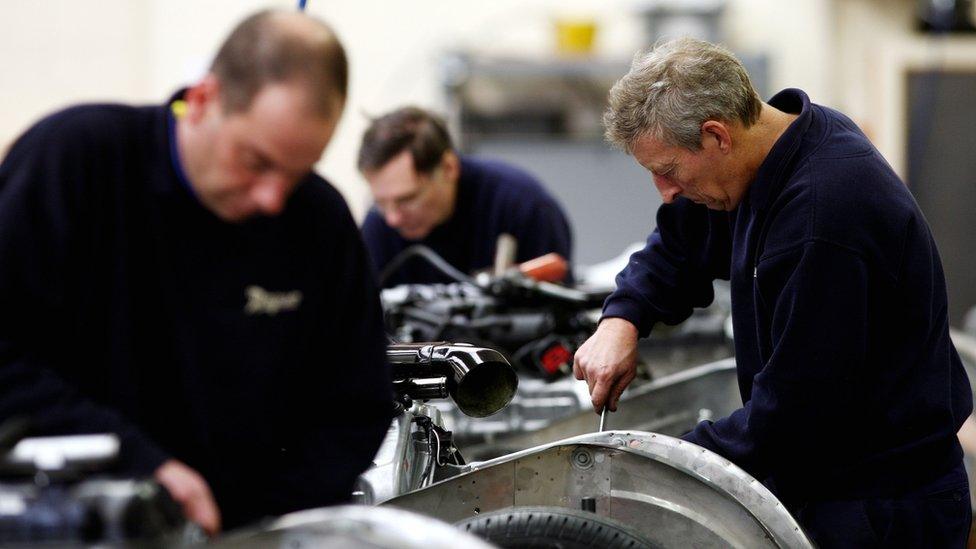
- Published12 March 2019
